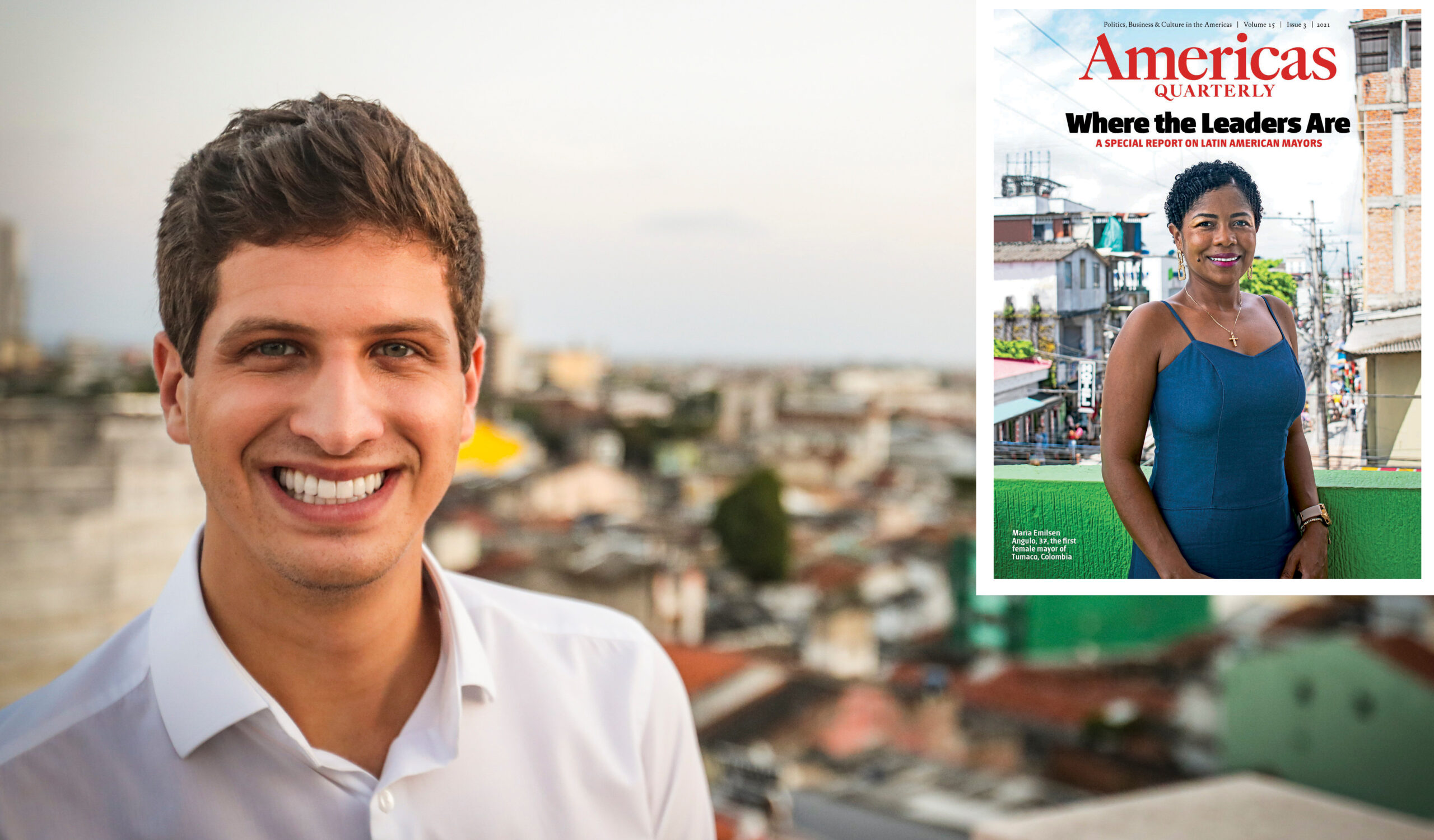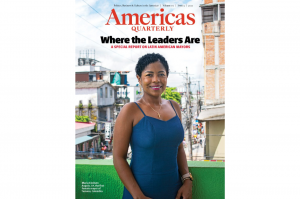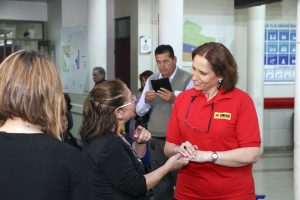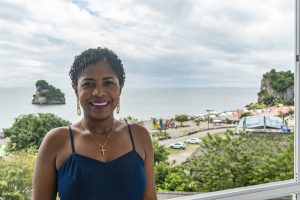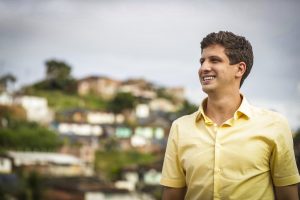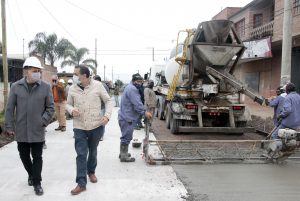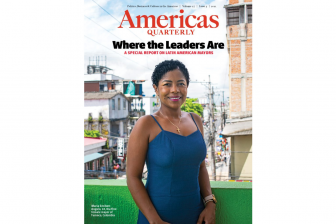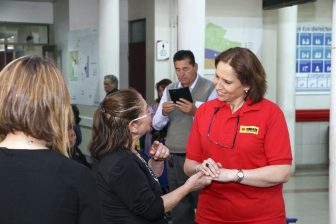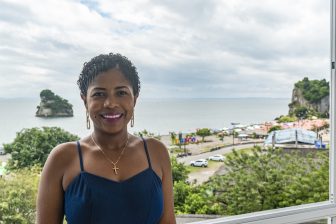This article is adapted from AQ’s special report on supply chains
MEXICO CITY — Last July’s special report of Americas Quarterly on Latin American mayors showcased how five innovative local leaders were paving their cities’ way out of the COVID-19 pandemic. Through these examples, we argued that the region’s mayors were poised to become “emerging leaders to follow” amid a challenging political and economic context afflicted by polarization and major dysfunction at the national level.
Latin America is the world’s most urbanized region, with 82% of the population living in cities. The region’s mayors are especially well positioned to enter national politics—as showcased by the political maelstrom around the presidential runoff in Colombia, in which former Mayor of Bogotá Gustavo Petro defeated former Mayor of Bucaramanga Rodolfo Hernández.
A look one year later at each of the five leaders showcased in the AQ special report highlights the innovation and experience local politicians bring to the national table.
María Emilsen Angulo, the mayor of Tumaco, Colombia, was showcased on the special report’s cover. While her port city remains one of the 100 most violent municipalities in Colombia, the mayor continues to strive to deliver on her promises: This month, she opened the first branch of the State University of Nariño. As reported by AQ in 2021, this project was stalled for years and became the object of a political fight with her predecessor, who had canceled it. Now, with the first phase open, 1,000 students from Tumaco and surrounding municipalities will have access to higher education. Angulo is still in the spotlight, recently winning the Pacific 24/7 Transformative Leader Prize for the coastal region, awarded by the Valle provincial government and the regional TV broadcaster Telepacífico.
Mayor Raul “Chuli” Jorge of San Salvador de Jujuy, Argentina, has been in office for 15 years and is nearing a fifth consecutive re-election. “Cities that aren’t planned are cities that aren’t sustainable—economically or environmentally,” Jorge told AQ last year. He is being praised for establishing the Jujuy Entrepreneurs’ Club to combat the generalized economic paralysis caused by the pandemic. In partnership with private companies and civil society organizations, the municipality launched an initiative to promote self-employment with a green, environmentally friendly mindset. Over the course of just a few months, more than 400 individuals and startups answered the call, bringing innovation and creativity to an otherwise depressed local business sector. Jorge also led San Salvador’s campaign to adapt to the national Yolanda Environmental Law, which establishes ambitious climate and sustainable development targets for municipal officials. These initiatives have already yielded tangible economic gains.
Carolina Leitao, mayor of Peñalolen in the metropolitan region of Santiago, Chile, concentrates on the changes she can make in the short term. “My focus today and for the next four years is on transforming Peñalolen into a more welcoming, fairer and safer municipality,” she said in 2021. A year later, the mayor was central in bringing together the regional government, several municipal authorities and the national police (Carabineros) to create a new Municipal Coordination Department for public safety. In a country where law enforcement and armed patrols have historically been a monopoly of the central government, this is a remarkable step towards better horizontal institutional collaboration and stronger local democracy. Like Angulo, Leitao does not shy away from national visibility. An outspoken supporter of recently elected President Gabriel Boric, she just helped to launch the country’s first feminist mayor network to promote “a cultural change in Chile that can only begin at the local level.” This is a welcome initiative in a country where only 60 of 345 mayors are women.
In Brazil, João Campos, the young mayor of Recife, one of the most unequal cities in the country, continues to build his profile, facing the most intense rains, landslides and flooding recorded in over 40 years. As reported by AQ, Campos chose to focus on digital innovation. In 2021, the mayor launched Conecta Recife, an app that allows residents to schedule their COVID-19 vaccinations without standing in line, drawing widespread praise, even from political opponents. A year later, in May 2022, Campos was unanimously elected by fellow Brazilian mayors to lead the Consorcio Conectar, a network of 2,142 municipalities that covers 65% of Brazil’s territory, aims to address digital challenges and was originally inspired by the Conecta Recife app. “Our vision is to spearhead projects that give younger generations more certainty about the future, a future of opportunities in a more inclusive Brazil, using the digital transformation as our key enabler for faster, larger and more equal development.” As a digital innovator, Campos was also invited to join the presidential campaign of former President Luiz Inácio Lula da Silva ahead of the October elections.
More and more, Latin American mayors are using their municipal experience as a springboard to higher office. Yamandú Orsi, from Canelones, Uruguay, was the last of the five mayors showcased in AQ’s special report, and had already announced his dream of becoming the country’s president. He seems increasingly likely to be the presidential candidate of the opposition Frente Amplio coalition in 2024. Moderate and always open to dialogue, Orsi has become close with fellow presidential aspirant Mayor Carolina Cosse of Montevideo. This has led to speculation that the two may run together on a double-mayor ticket to replace the current conservative government of President Luis Lacalle Pou. And Orsi’s growing national profile is being noticed beyond Uruguayan borders; Argentinian President Alberto Fernández hosted him last December in the presidential palace in what seemed to many a disproportionate display of political affection for a foreign municipal leader.
These developments demonstrate what AQ signaled last year: Mayors are poised to enter national politics across the region. Former Mexico City Mayor Marcelo Ebrard and current Mayor Claudia Sheinbaum are early favorites in the country’s race for president in 2024. Buenos Aires Mayor Horacio Rodríguez Larreta has been leading in polls as a candidate for Argentina’s presidency. A year after we predicted that local leaders were the crowd to follow, it’s clear that Latin American mayors do matter, and will continue to wield significant influence beyond the borders of their municipalities.


